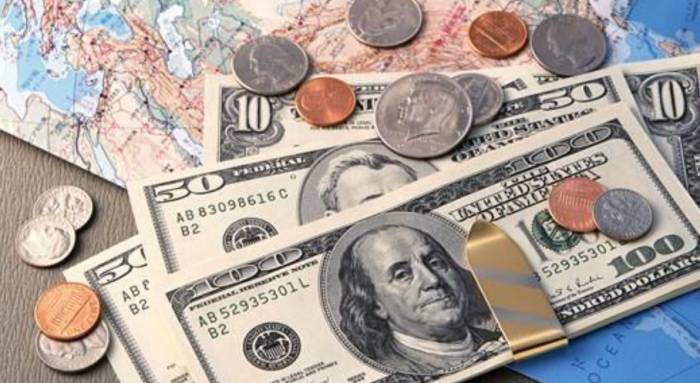Currencies Plunge, Stocks Lead Globally Amid 85% Inflation, Banks Still 'Give Money'
Finance should be a very rigorous matter, but in dealing with some financial dilemmas, some countries and central banks have employed some rather bizarre methods.
01
Entering 2023, the U.S. stock market has seen a slight rebound, with the year-to-date gains of the three major indices now exceeding 1%.
Relatively speaking, the European stock market has experienced higher gains.
The UK has risen by 3.67%, which is about three times the increase of the three major U.S. indices. However, the gains in Germany and France are even higher than those in the UK, with France increasing by 6.7% and Germany by 6.24%.
Nevertheless, in 2022, the UK stood out, not only avoiding a decline for the entire year but also ending up with a nearly 1% increase, and the reason for the UK's stock market rise is quite amusing.
Last year, most of the world's major stock indices collectively declined, with the S&P 500 experiencing the largest annual drop since 2008, and the Nasdaq index falling by more than 33%.
Other European countries and most markets in the Asia-Pacific also saw declines of over 10%. Under these circumstances, the UK's stock market increase was quite distinctive.
Advertisement
Analysts believe that the revenue of many blue-chip index companies primarily comes from outside the UK. Due to the depreciation of the British pound, these companies' overseas income, when converted into pounds, received a currency exchange boost. As a result, these listed companies in the UK have shown quite decent turnover and profitability.
Unexpectedly, the decline of the pound has been beneficial to the stock index.We can also observe similar viewpoints from discussions among Japanese stock market enthusiasts.
In 2022, the Japanese yen experienced a significant devaluation, with the annual decline exceeding 30% at its lowest point. However, it was surprising to see that some Japanese families who invested in U.S. stocks were quite delighted. Suppose they invested $100,000 in U.S. stocks that neither increased nor decreased in value; after a year, it would still be $100,000. But when converted back to yen, due to the 30% depreciation of the yen, they would have effectively earned a 30% return.
Thus, when the Bank of Japan began to intervene in the market to salvage the yen's exchange rate, many Japanese netizens were not particularly pleased.
This could also be considered a rather peculiar scene.
02
In terms of how to deal with U.S. dollar interest rate hikes, there are also some quite peculiar cases.
As the Federal Reserve aggressively raised interest rates, Turkish banks continued to "go their own way," not only refraining from raising rates but also persistently lowering them.
As a result, after the Turkish lira's exchange rate against the U.S. dollar fell by 44% the year before, it fell another 28% against the dollar last year.
According to official Turkish data, the average interest rate on commercial loans in this country is now lower than the deposit rate. This creates a very interesting phenomenon: if you are an ordinary resident of Turkey, you could theoretically take out a loan from the bank with your left hand and then deposit these loans into savings with your right hand. In this way, the interest you earn from your savings, after paying the interest on the loan, would still leave you with a profit, a classic case of making money out of thin air.
In this country, inflation once reached 85%, but throughout 2022, the Central Bank of Turkey cumulatively lowered interest rates by 500 basis points.Of course, what happened in Argentina is completely the opposite. Argentina's inflation rate is close to 100%, and the country's deposit interest rates have already reached as high as 75%.
Perhaps we can do something more meaningful, obtain loans from Turkey and then deposit the funds in Argentina, which we believe would be an even more wonderful thing.

03
In terms of exchange rates, the US Dollar Index rose by 8.19% in 2022, marking the largest increase since 2015. If it were not for the United States gradually declining from its peak since the fourth quarter and showing signs of weakness, the rise in the US Dollar Index this year would be even more astonishing.
However, looking at this trend, it is very likely that in 2023, the US dollar exchange rate will experience a significant annual decline.
Looking at global exchange rates, only Russia's ruble also saw a substantial increase in 2022.
After the Russia-Ukraine war, the ruble's exchange rate against the US dollar had experienced a decline, but Russia later turned the situation around by trading oil in rubles, resulting in a 6.8% increase for the year.
This not only surprised investors but also caused significant discomfort for the United States.
Leave a Comment